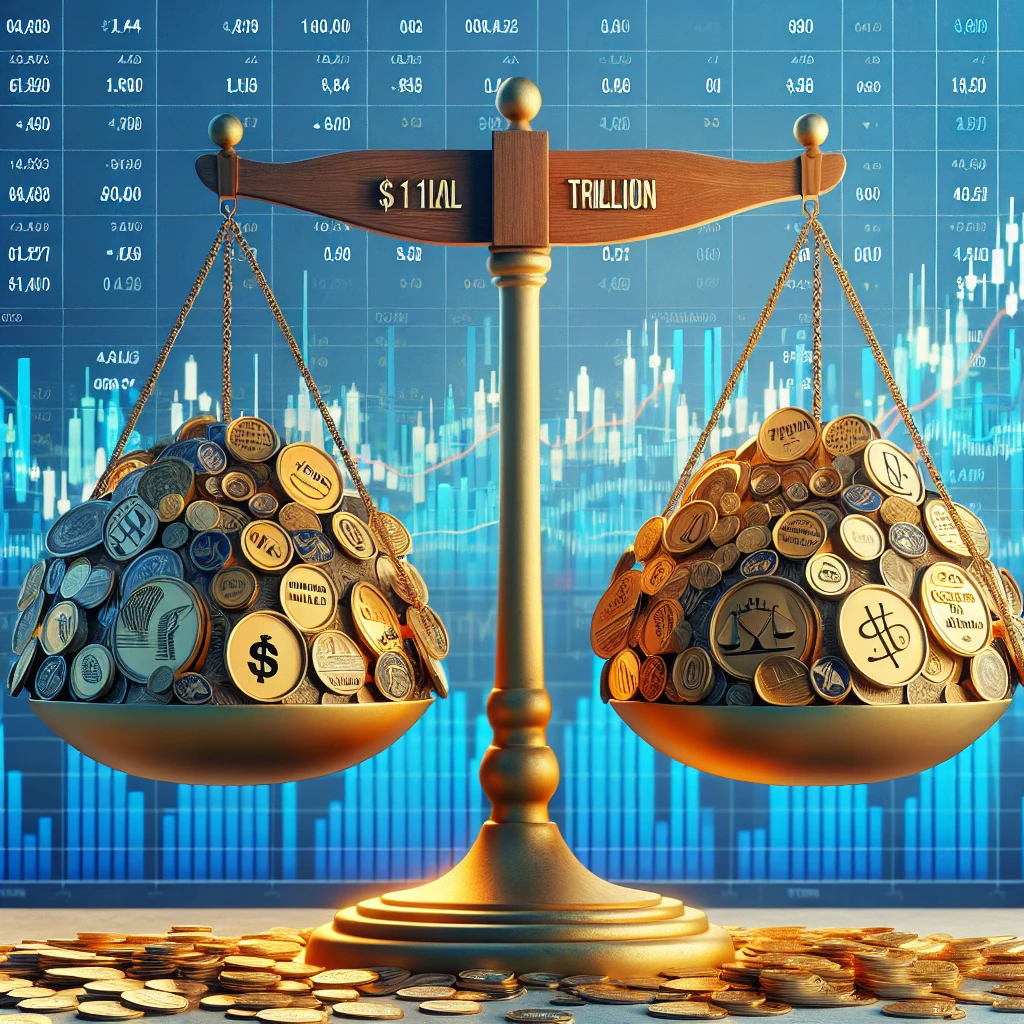On Wednesday, Berkshire Hathaway joined the elite group of trillion-dollar companies, reaching a market capitalization of over $1 trillion during trading hours and maintaining that level by the close of the market at 4 p.m. ET.
Remarkably, Berkshire stands out as the only non-tech U.S. company to achieve this feat. Unlike the tech giants, Berkshire’s rise to a trillion-dollar valuation was fueled by a diverse array of businesses often deemed “boring” by investors.
With the stock now roughly 40% above its 52-week low and having surged about 135% over the past five years, some might wonder if Berkshire is becoming too pricey. Let’s delve deeper to assess whether this concern is justified.
A Complex Stock to Evaluate
Berkshire Hathaway presents a unique challenge in valuation. It consists of over 60 subsidiary businesses, a substantial stock portfolio, and a significant amount of cash on its balance sheet. These latter two aspects can make the company appear more costly based on typical valuation metrics.
Additionally, an accounting regulation requires Berkshire to factor in unrealized gains and losses from its stock portfolio when calculating earnings, making the conventional price-to-earnings (P/E) ratio less reliable. Moreover, CEO Warren Buffett has increasingly downplayed the importance of the company’s book value, which he once considered a key indicator of its valuation.
Fortunately, two of the three major components can be evaluated separately. Let’s begin with Berkshire’s overall market capitalization, which stands at approximately $1 trillion at present, and use that as a reference point.
To start, Berkshire holds $277 billion in cash and equivalents on its balance sheet. While this cash provides unparalleled financial flexibility to seize new opportunities, it also generates billions in interest income for the company. Subtracting this cash from the equation reduces the market value to $723 billion.
Next, the market value of Berkshire’s stock portfolio is around $318 billion. Excluding this, the market assigns a value of $405 billion to Berkshire’s operating businesses.
Is Berkshire Hathaway Overvalued?
We are left with a business valued at just over $400 billion. Over the last year, Berkshire’s subsidiaries have produced $42.1 billion in operating earnings.
This suggests that, after excluding Berkshire’s stock portfolio and cash—both of which have clear market values—Berkshire’s actual businesses are trading at about 9.5 times their trailing 12-month earnings.
Even when investment income, which is part of the operating earnings as the interest from Berkshire’s cash is primarily held in its insurance operations, is excluded, the company still reported $30.9 billion in profit. This results in a price-to-earnings ratio of approximately 13. This valuation is for a collection of predominantly recession-resistant businesses that have increased operating earnings by 26% year over year in 2024.
By most standards, this doesn’t appear to be “expensive.”
In conclusion, while Berkshire’s stock has performed admirably over the past year, this performance doesn’t necessarily signify an overvaluation. The company remains a sensibly priced conglomerate of businesses, assets, and cash, with a strong potential for continued robust returns in the future.




